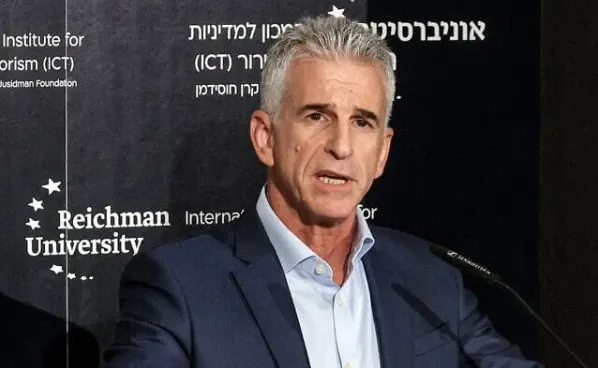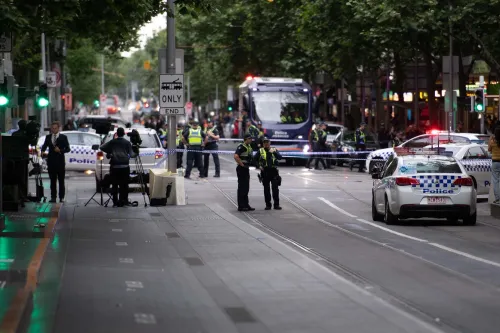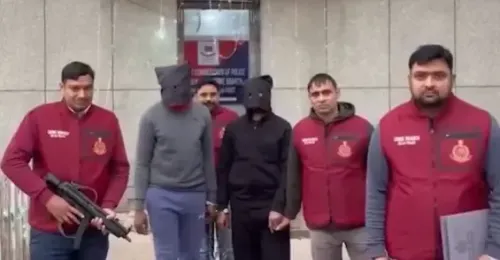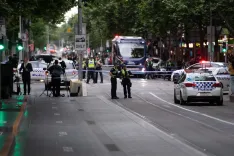What prompted Mossad Chief's visit to Qatar amidst Gaza hostage negotiations?

Synopsis
Key Takeaways
- Mossad Chief David Barnea visited Qatar for hostage negotiations.
- Israel is shifting focus to a comprehensive hostage release deal.
- Recent military operations in Gaza have resulted in significant casualties.
- Egypt continues to mediate between Israel and Hamas.
- Humanitarian aid flow into Gaza remains a critical issue.
Jerusalem, Aug 15 (NationPress) - The head of Israel's Mossad, David Barnea, recently traveled to Doha to engage in discussions with Qatari Prime Minister Sheikh Mohammed bin Abdulrahman bin Jassim Al Thani regarding a potential Gaza hostage agreement, according to media reports.
A senior Israeli official informed Israel's state-run Kan TV that Barnea conveyed to the Qatari Prime Minister that a staged release of the 50 hostages held in Gaza is no longer an option.
The discussions primarily revolved around issues pertaining to the Mossad rather than reviving indirect negotiations in Doha, which last occurred in early July, as reported by Xinhua news agency.
This visit follows remarks from Israeli Prime Minister Benjamin Netanyahu, who stated that efforts to establish a truce in Gaza are now focused on securing a comprehensive agreement for the simultaneous release of all remaining hostages.
Previous agreements had involved temporary truces in exchange for the gradual release of hostages.
Barnea's visit coincides with reports of a Hamas delegation arriving in Qatar earlier this week, aiming to rekindle negotiations and prevent Israel from escalating its military operations in Gaza.
According to Channel 12, Barnea communicated to al-Thani during their meeting that Israel is steadfast in its plan to conquer Gaza unless advancements are made in discussions surrounding the hostages' release.
Following a breakdown in negotiations for a temporary ceasefire last month, and after Prime Minister Netanyahu's government approved plans for an invasion of Gaza City, Israeli officials have indicated a shift in strategy, moving away from seeking temporary calm and instead pursuing a comprehensive solution for the release of all remaining hostages.
Israeli officials assert their desire for a complete resolution to the conflict on their terms, which includes the demilitarization of Gaza and the establishment of a new government not affiliated with Hamas or the Palestinian Authority.
Nonetheless, Egypt continues to mediate between Israel and Hamas, attempting to bring both parties back to the negotiating table for a temporary ceasefire, which could be transformed into a permanent agreement once mutually acceptable terms are established.
The proposed framework is likely to mirror the previous one suggested by US Special envoy Steve Witkoff, which was central to last month's failed discussions.
Egyptian Foreign Minister Badr Abdelatty stated earlier this week that the primary goal is to revert to the original proposal — a 60-day ceasefire alongside the release of some hostages and Palestinian detainees, while allowing unrestricted humanitarian and medical aid to flow into Gaza.
As Israeli forces persist in their military operations in Gaza, local health authorities reported that at least 50 individuals lost their lives in the enclave over the past day, with 831 others injured, including 22 fatalities among those seeking food at aid centers.
Since the onset of hostilities in October 2023, Israeli strikes and gunfire have resulted in the deaths of at least 61,776 people, according to local authorities.
Additionally, four more individuals succumbed to famine and malnutrition, raising the total to 239, including 106 children.










